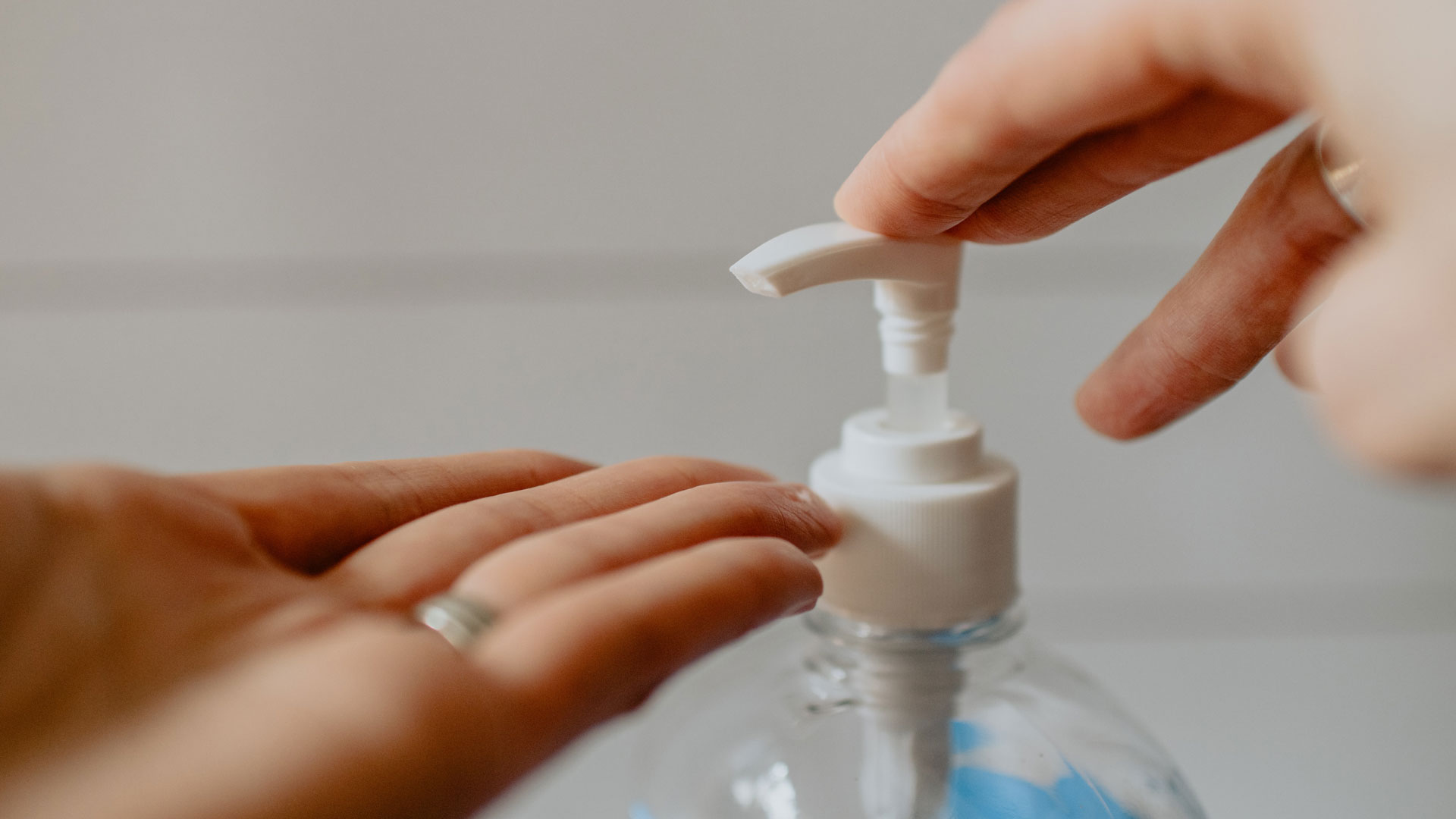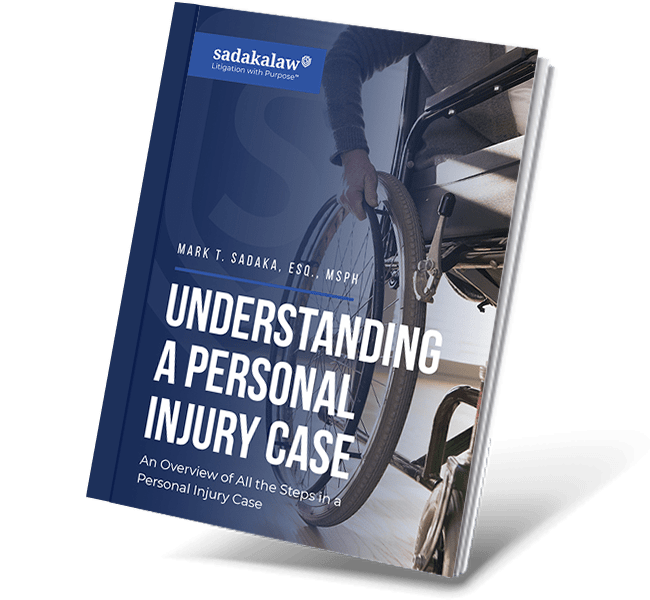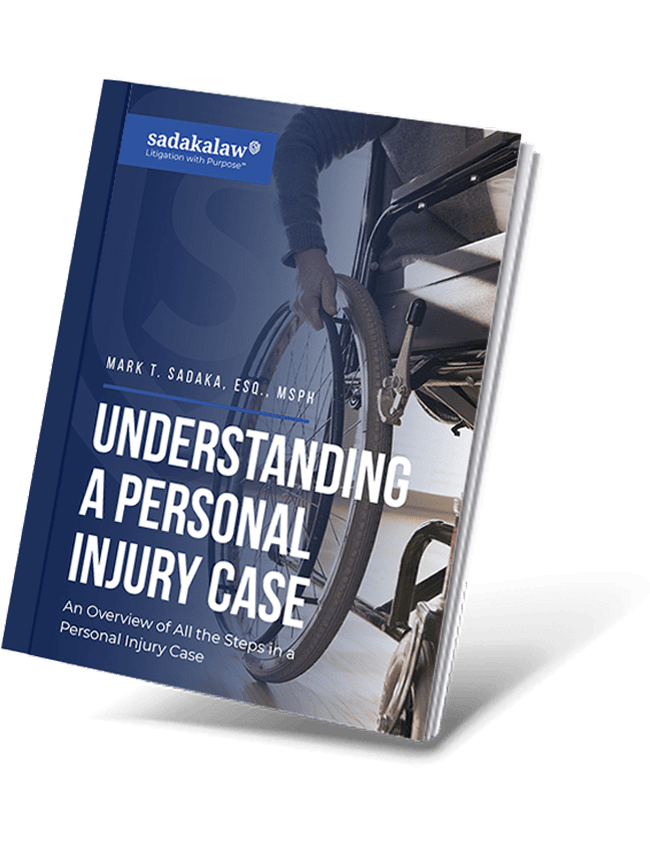
Sanitary supply and cleansers are in short supply in the wake of the COVID-19 outbreak. Left without sanitizers on store shelves and panicked about keeping disease-free, consumers are scrambling to buy whatever they can to give themselves peace of mind. Unfortunately, fraudsters and other people looking to make a quick buck are preying on vulnerable consumers by selling them slapdash or defective products. In some cases, these products are dangerous or fraudulent. These fake or homemade products can have real effects on customers who may be injured by them. This is exactly what happened in New Jersey when a boy was burned by a homemade hand sanitizer that his mother bought at a 7-Eleven.
The bottles of hand sanitizer were sold at a 7-Eleven in River Vale, NJ. They were contained in a plain-looking bottle with a crude label that advertised them as “Spray Sanitizer.” The label of the product indicated that it contained ingredients that could be highly dangerous. However, an average purchaser would have no way of knowing the effects of these contents. The bottles contained things such as octyl decyl dimethyl ammonium chloride and dioctyl dimethyl ammonium chloride. These have the potential to cause grave skin burns. Nonetheless, it was still on the shelves of that one store. It turns out that it was the store owner that was behind this as he was mixing whatever he could, throwing it into a bottle, and selling it as a sanitizer to take advantage of the public angst caused by COVID-19
A New Jersey mother purchased the bottle and brought it home. Her son’s friends sprayed the contents of the bottle on him. Shortly thereafter, the boy developed burns on his arms and legs and was taken to a local hospital. The mother now believes that the product that was marketed as sanitizer actually contained ammonia as the child suffered chemical burns. It turns out that the person who created the product took foaming sanitizer and mixed it with water. When put together, the mixture forms a dangerous compound that causes burns.
The store apparently sold a dozen bottles of the spray sanitizer. Police arrived at the store shortly after they learned of the boy’s injuries and began investigating. Even after the child was burned, store workers still claimed that the product was fully safe. However, police realized otherwise and quickly got to the bottom of the origin of this fake product.
In the end, four children were burned by the spray sanitizer. The victims were between ten and 11 years old. The extent of their injuries varied.
Stores like this that knowingly sell a dangerous product can be subject to a number of different types of liability. The store can be civilly responsible for selling a harmful product in a lawsuit. The family may be entitled to significant financial compensation for the child’s injuries. Not only can the store be held liable, but there is also the possibility that the entire 7-Eleven Corporation can be made to pay.
As pressing for the owner of the store is that he was ultimately arrested for selling the back-alley sanitizer. The police investigation revealed that he allegedly mixed the dangerous chemicals together and marketed them as a sanitizer. He was charged with four counts of child endangerment and deceptive business practices. As of now, nine bottles of this dangerous product remain in circulation and are unaccounted for with the potential to cause serious injury.
In terms of liability, 7-Elevens generally operate as franchises with individual franchisees owning the store. A franchisor is civilly liable for the actions of a franchisee when the store is acting as an agent for the corporation. There is a strong argument that 7-Eleven would be liable for the actions of the store although the company would argue that the store owner committed a deliberate criminal act that would be outside the scope of his agency. While the franchisee may not have been following corporate policies, they were selling items out of a 7-Eleven store so it could be ultimately within the scope of their agency. There is no word yet on whether the child’s family has filed a lawsuit.
Consumers must be careful to pay close attention to what they buy during the coronavirus crisis. Scammers and quick-buck artists are out there in force. In cases such as this, what they are selling will not just be ineffective, but it can also cause severe injury. However, if the scam is perpetrated in the name of a corporation, that company may be held responsible.


